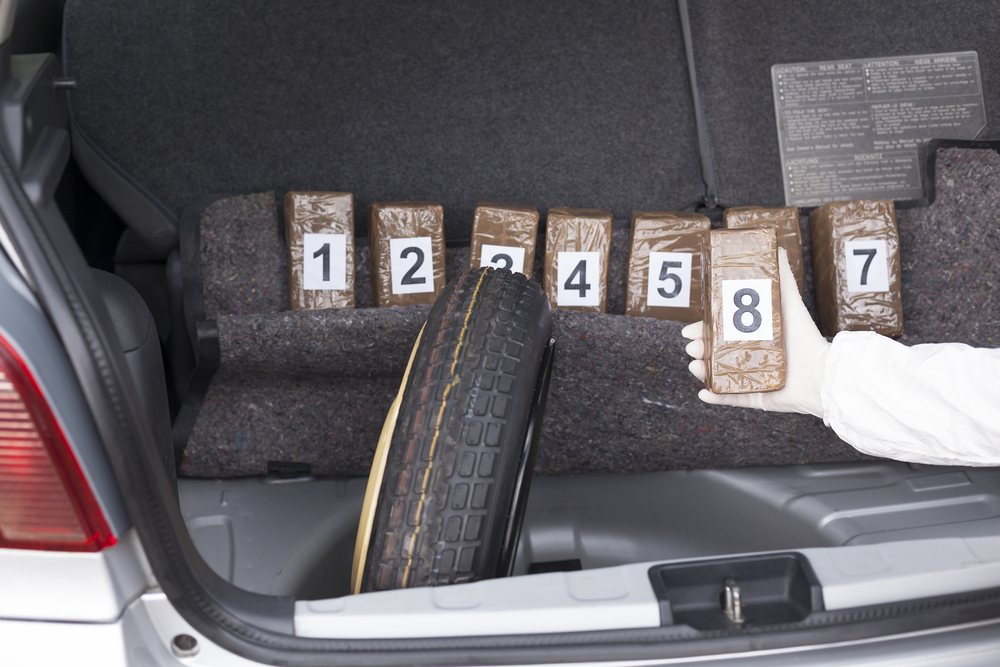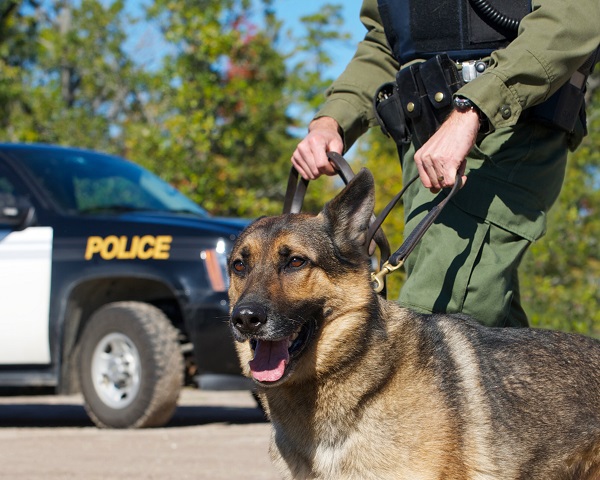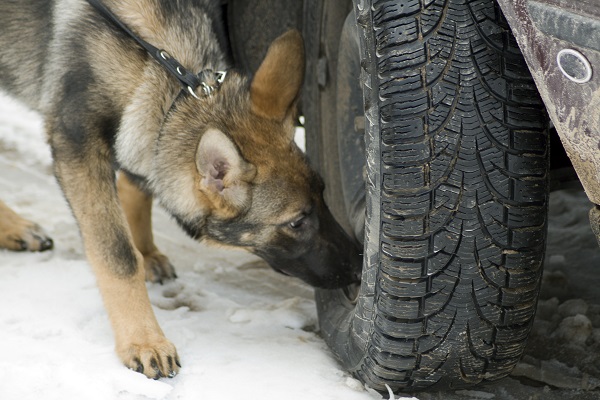What Happens During a Typical Search Warrant Execution?
During a typical search warrant execution, police enter a building or location and look for evidence of a crime. There are specific procedural steps that they must follow by law during this process or risk having evidence suppressed from use in court. Knock and Announce Rule Once police obtain a search warrant from a judge, they can go to the location that they plan to search. Unless certain exceptions apply, the police must knock on the door and announce their presence outside. They need to wait a reasonable time after knocking to allow the occupant to answer. After waiting without an...
Continue reading








